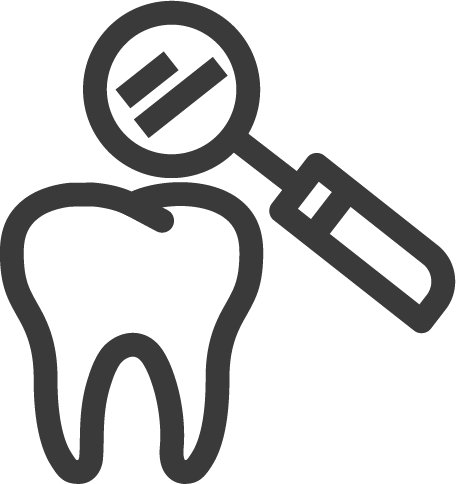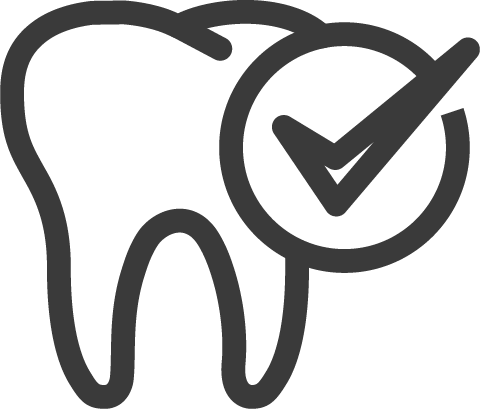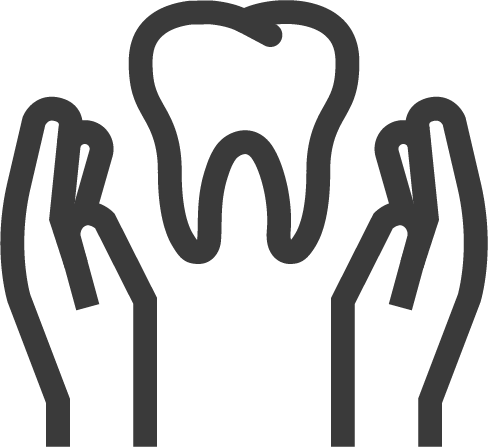WHAT IS FAMILY DENTISTRY?
A family dentist treats patients of all ages, from infancy to adulthood, and can treat a variety of oral health conditions for their age group. Family dentistry makes getting dental care for the whole family a lot easier with more convenient appointments and the ability to screen for hereditary oral health problems.
Treatments include preventative, restorative, and emergency dental treatments. A family dentist gives your children time to form a close and trusting relationship with the same dental professional over many years, which helps reduce stress and anxiety. Contact us today to schedule an appointment at Summerbrook Dental.


Did you know…
Ready to schedule your appointment?
Call (817) 382-7445 to scheduleWHAT TO EXPECT AT YOUR FAMILY DENTAL APPOINTMENT
MORE ABOUT family dentistry
Why Should You Look For a Family Dentist?
Why Should You Look For a Family Dentist?
Why Should You Look For a Family Dentist?
A family dentist offers your family the opportunity and convenience of a one-stop shop for dental needs. When everyone in your family sees the same dentist, this allows for back-to-back or simultaneous appointments so you don’t have to worry about juggling around schedules and taking kids out of school.
A family dentist also has more knowledge of hereditary problems, unlike a pediatric dentist who only treats children. When oral health problems are detected in parents, this gives us the foresight to monitor these problems in children for early detection that can save you a lot of time and money. Another important aspect of a family dentist is developing a good relationship with oral care for your child from an early age. By taking the whole family to see the same dentist from the time they’re an infant, you reduce the likelihood of dental anxiety. Children who regularly see the dentist are less likely to have painful oral health problems that cause some people to avoid the dentist.

Did you know…
Tooth decay is the 2nd most common disease in the U.S.



